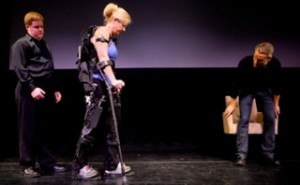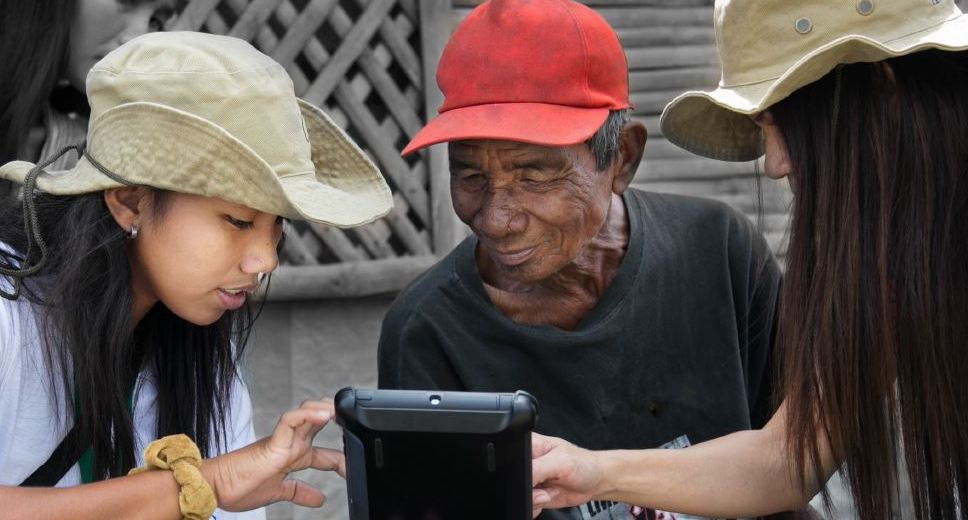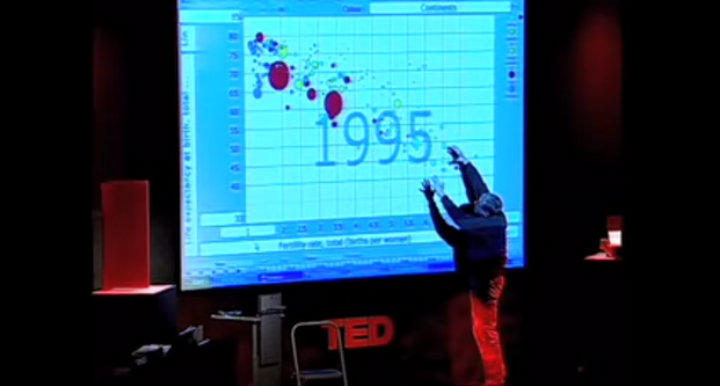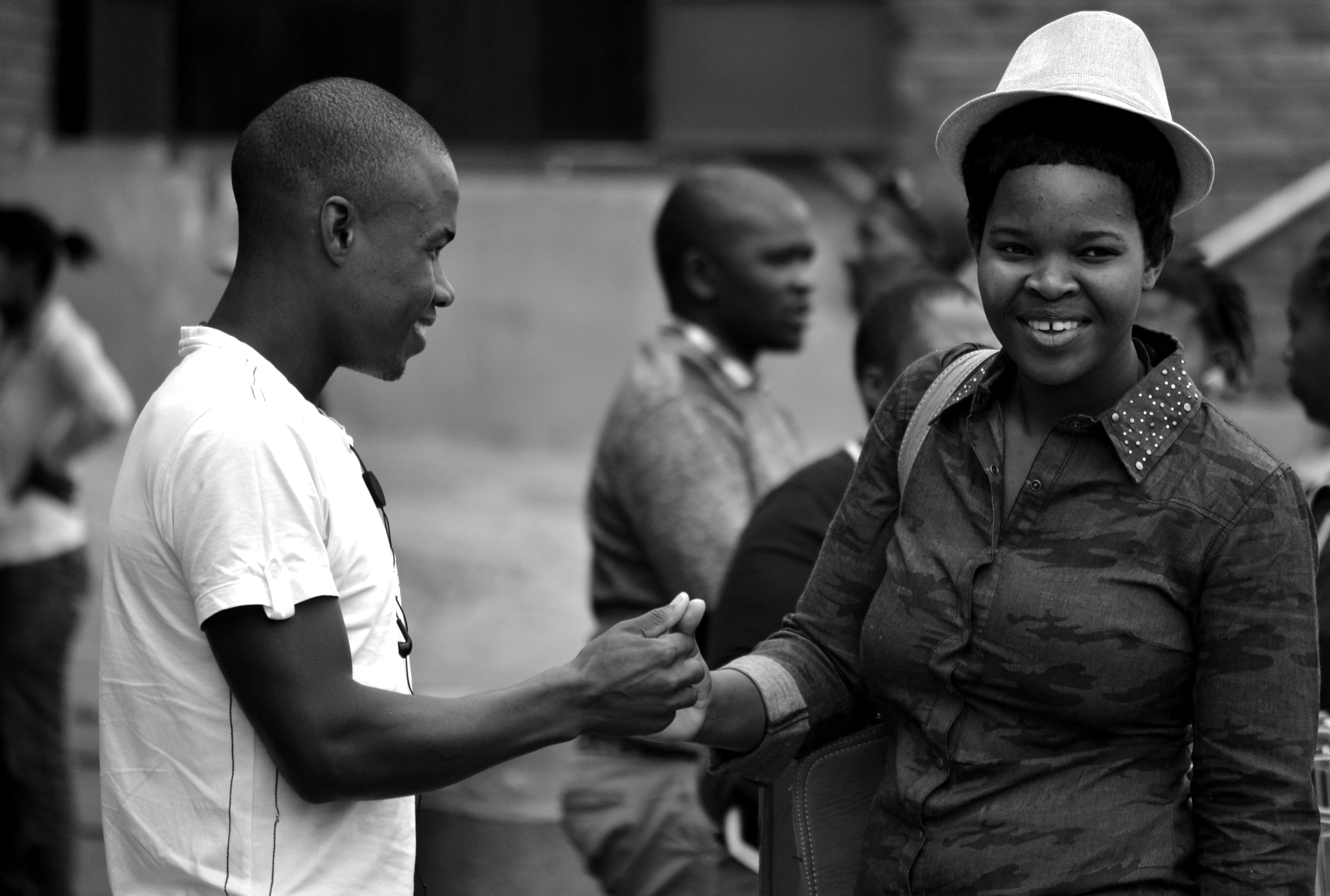 TED events are always engaging and yesterday’s TEDx event in San Francisco proved to be no exception. The theme (and hashtag) was #ALIVE and the topics presented generally revolved around this topical area albeit in some surprising (and sometimes funny) ways. Although every talk was delivered well, a few really stood out here are summaries of a few of the best:
TED events are always engaging and yesterday’s TEDx event in San Francisco proved to be no exception. The theme (and hashtag) was #ALIVE and the topics presented generally revolved around this topical area albeit in some surprising (and sometimes funny) ways. Although every talk was delivered well, a few really stood out here are summaries of a few of the best:
Wendy Northcutt kicked off the day with an introduction to “life-defying feats that failed” AKA people that have done something that exemplifies such woefully poor judgment that they have served the greater good of humanity by permanently removing themselves from the gene pool – these folks are ocassionally posthumously given something known as a Darwin Award to recognize their idiocy and their succesful advancement of the remainder of the human species. While this had relatively little to do with being alive directly it did serve as a fun if cautionary tale on how to avoid some relatively uncommon if embarrassing ways to end up “not alive”.
Shortly after Wendy’s talk we had yet another contrarian – Geriatrician William Thomas made a compelling case for aging. In a presentation that reminded us that aging is a certainty and that life-extension gurus are a much less reliable bet, he eloquently argued that elder-hood is something to be cherished, respected and even revered. Although he had close to a dozen memorable quotes I had two favorites: “We inhabit a society that’s run by adults without elder supervision” and “We’re going to begin finding out that there’s life beyond adulthood & it’s called “elder hood”.
As much as I appreciated his perspective though, at 43, I’m hoping to avoid aging gracefully by somehow avoiding it altogether. For this reason I particularly appreciated the presentation by Joe Betts-Lacroix, of Halcyon Molecular who came at aging from exactly the opposite perspective.
Joe’s position is that aging is not inevitable. His thesis is that our biology is a technological-mechanical system that can be hacked. Put another way he said “our destiny is in our genes unless we change our genes”. His bold claim (and one echoed by an even more famous TEDster Ray Kurzweil) is that we are approaching a point in time when we will successfully transcend the aging process.
Until we can though, perhaps we should try to remember to appreciate every day and treat it as though it might be our last. Of course this tends to sound trite unless accompanied by a presentation like the one delivered by world renowned cinematographer Louie Schwartzberg. Awe-inspiring images coupled with two perspectives, that of a young child and that of an aged man, made for a poignant and powerful experience that captivated the audience.
Being #Alive isn’t just about living, dying or getting old, it’s also about making the most of the life you have. Amanda Boxtel and Eythor Bender garnered one of the longest standing ovations of the day when they demonstrated Eythor’s eLEGS “bionic legs”.
The other huge standing ovation was reserved for Andrés Torres the Center Fielder for the SF Giants who spent 12 years in the minors (and who suffers from ADHD) before making it to the big leagues and ultimately helping the Giants become World Series Champions.
As with all TED events what’s clear (and I think one of the main reasons people find them so inspiring) is that every presentation that truly resonated with the audience was delivered by a person that became great at what they did because they did it out of love, not for money. And in the end, isn’t that what being #alive is really all about?



